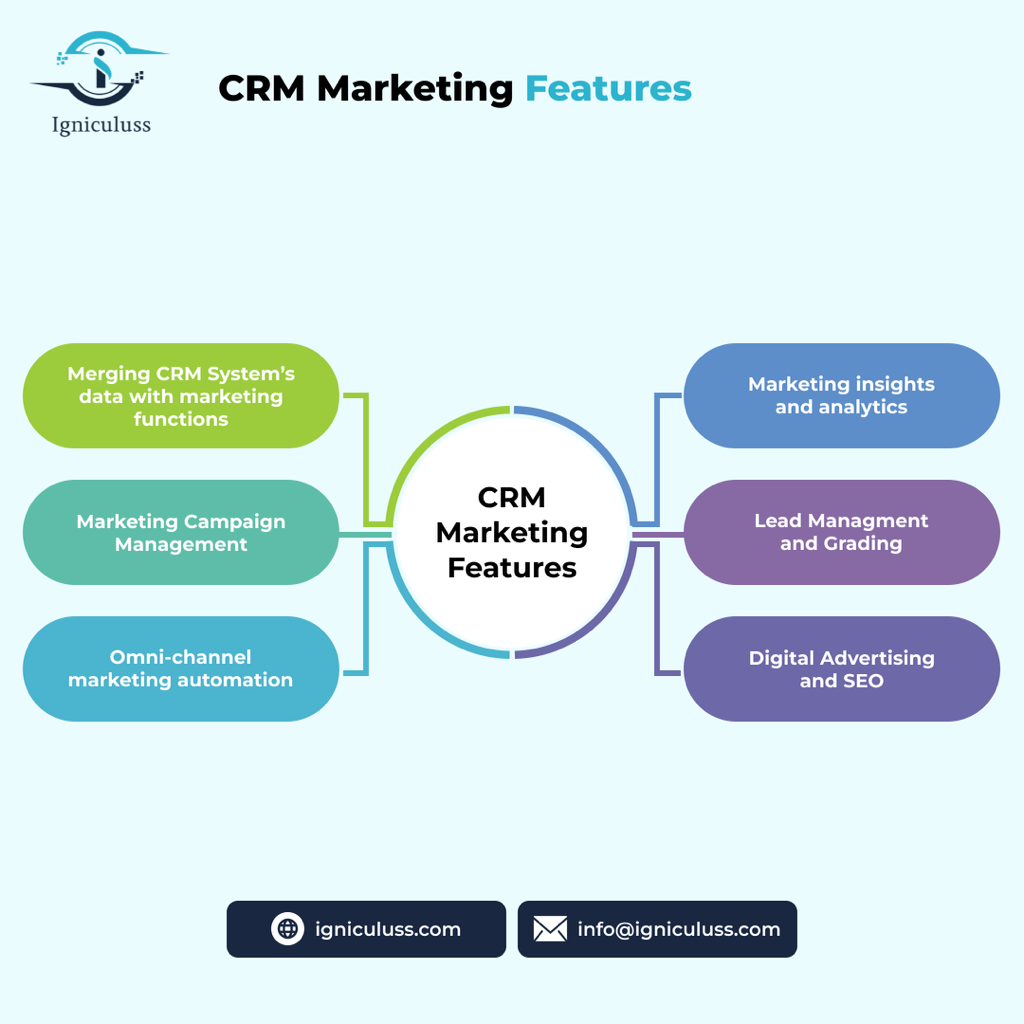
The Pros and Cons of Cloud-Based CRM Systems
In today’s digital age, businesses are increasingly turning to cloud-based Customer Relationship Management (CRM) systems to streamline their operations, improve customer interactions, and boost overall efficiency. However, like any technology, cloud-based CRM systems come with their own set of advantages and disadvantages. This article explores the pros and cons of cloud-based CRM systems to help you make an informed decision.
The Pros of Cloud-Based CRM Systems
- Accessibility and Mobility
- Anytime, Anywhere Access: Cloud-based CRM systems can be accessed from any device with an internet connection, allowing your team to work remotely and stay productive on the go.
- Mobile-Friendly: Most cloud-based CRMs have mobile apps, providing a seamless experience across smartphones and tablets.
- Cost-Effectiveness
- Lower Upfront Costs: Unlike on-premise solutions, cloud-based CRMs typically require lower initial investment. Subscription models allow businesses to pay monthly or annually.
- Reduced Maintenance Costs: The provider handles maintenance, updates, and technical support, reducing the burden on your IT department.
- Scalability
- Flexible Scaling: Cloud-based CRMs can easily scale up or down based on your business needs. Adding or removing users and features is often just a matter of adjusting your subscription plan.
- Adaptability: As your business grows, the CRM can evolve with it, accommodating increasing amounts of data and more complex processes.
- Automatic Updates and Upgrades
- Stay Current: Cloud-based CRM providers regularly update their software, ensuring you have access to the latest features and security enhancements without any additional effort.
- Innovation: Continuous updates mean you can take advantage of the latest technological advancements and improvements.
- Collaboration and Integration
- Real-Time Collaboration: Cloud-based CRMs facilitate real-time collaboration among team members, regardless of their location.
- Integration with Other Tools: These systems often integrate seamlessly with other cloud-based applications, such as email marketing tools, social media platforms, and productivity suites.
The Cons of Cloud-Based CRM Systems
- Dependence on Internet Connectivity
- Internet Reliability: Since cloud-based CRMs require an internet connection, any disruption in connectivity can impact your access to the system and data.
- Bandwidth Limitations: Slow internet speeds can affect the performance and responsiveness of the CRM.
- Data Security Concerns
- Security Risks: Storing sensitive customer data in the cloud raises concerns about data breaches and unauthorized access. While providers implement robust security measures, the risk is never entirely eliminated.
- Compliance Issues: Businesses in regulated industries must ensure their cloud CRM complies with data protection regulations such as GDPR, HIPAA, and others.
- Customization Limitations
- Standard Features: Cloud-based CRMs often come with a set of standard features that may not fully meet the unique needs of your business. Customizing these systems can be challenging and sometimes limited.
- Vendor Lock-In: Migrating data and processes from one cloud-based CRM to another can be complex and time-consuming, potentially leading to vendor lock-in.
- Ongoing Costs
- Subscription Fees: While upfront costs are lower, the recurring subscription fees can add up over time. Businesses must factor in these ongoing costs when budgeting for a cloud-based CRM.
- Hidden Costs: Additional costs may arise for extra features, storage, or advanced support services not covered in the basic subscription.
- Performance Issues
- Shared Resources: Cloud-based systems often share resources among multiple users, which can sometimes lead to performance issues during peak usage times.
- Downtime: Although rare, service outages or downtimes from the provider’s side can impact your access to the CRM.
Conclusion
Cloud-based CRM systems offer numerous benefits, including flexibility, cost-effectiveness, and ease of access, making them an attractive choice for many businesses. However, they also come with challenges such as data security concerns, dependence on internet connectivity, and potential customization limitations. By carefully weighing these pros and cons, businesses can determine whether a cloud-based CRM system aligns with their operational needs and long-term goals. Ultimately, the decision should be guided by the specific requirements of your business, the reliability of your internet infrastructure, and your ability to manage data security and compliance issues effectively.